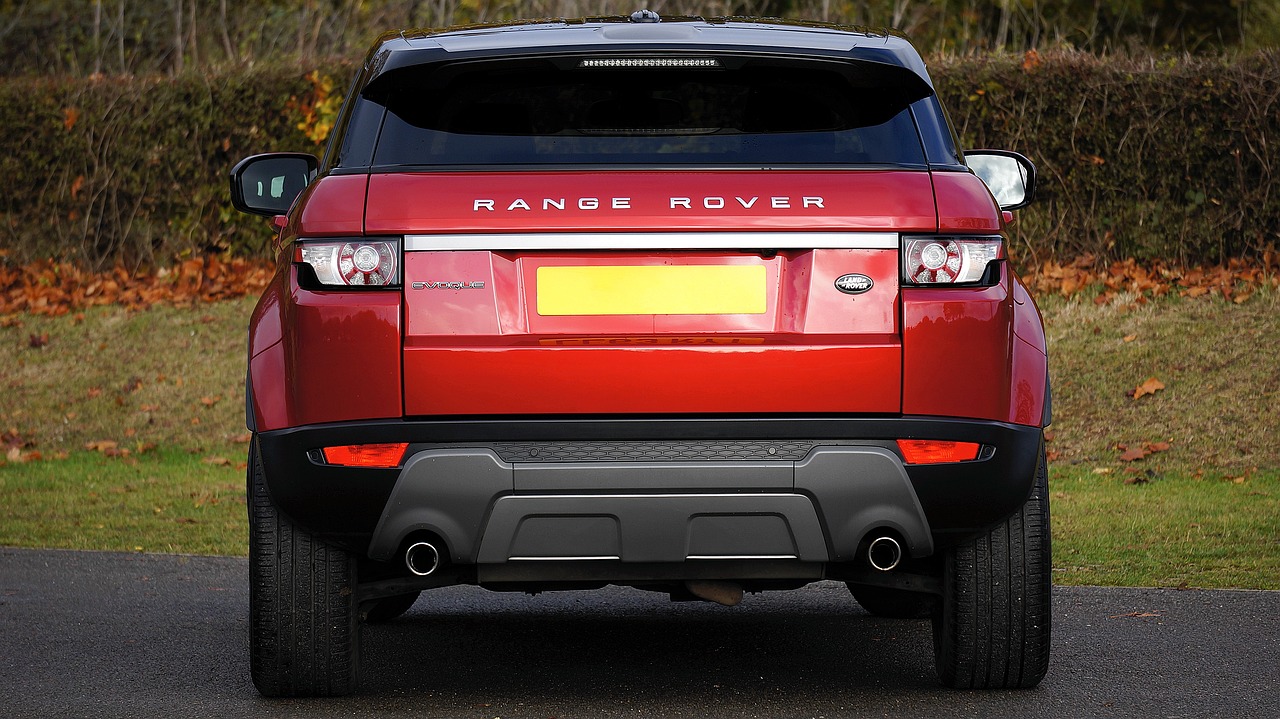The Intersection of Robotics and Automotive Innovation
Advanced Driver Assistance Systems (ADAS) in Vehicles have revolutionized the automotive industry by significantly enhancing driver safety and comfort. These systems utilize sensors, cameras, and radars to monitor the vehicle’s surroundings and assist the driver in various tasks, such as lane-keeping, adaptive cruise control, and automatic emergency braking. By providing real-time alerts and assistance, ADAS helps reduce the risk of accidents and improves overall driving experience.
Moreover, Advanced Driver Assistance Systems (ADAS) in Vehicles play a crucial role in paving the way for autonomous driving technologies. Through features like self-parking and traffic jam assist, ADAS is gradually transitioning vehicles towards higher levels of automation. As the technology continues to evolve and improve, it is expected that ADAS will further enhance road safety and contribute to the development of fully autonomous vehicles.
Integration of Artificial Intelligence in Automotive Robotics
At the forefront of technological innovation in the automotive industry is the integration of artificial intelligence (AI) in robotics. With the rapid advancements in AI algorithms and machine learning capabilities, automotive manufacturers are leveraging this technology to enhance the efficiency and precision of their robotic systems. By incorporating AI into robotics, vehicles can be manufactured with greater accuracy and speed, resulting in higher productivity on the assembly line.
One key benefit of integrating AI in automotive robotics is the ability to optimize production processes through predictive maintenance. By analyzing vast amounts of data in real-time, AI-powered robots can anticipate potential issues and schedule maintenance before unexpected breakdowns occur. This proactive approach not only reduces downtime but also ensures that the manufacturing line operates at peak performance, ultimately leading to cost savings for automakers.
Impact of Robotics on Vehicle Manufacturing Processes
Robotics has revolutionized vehicle manufacturing processes by enhancing efficiency and precision. With the integration of robotic arms and automated systems, tasks such as welding, painting, and assembly are performed with speed and accuracy that surpass human capabilities. This has led to increased productivity in manufacturing plants, resulting in higher production volumes and improved quality control measures.
Furthermore, the use of robotics in vehicle manufacturing processes has significantly reduced the occurrence of human errors and workplace accidents. Robots are able to consistently perform repetitive tasks without fatigue or loss of focus, leading to a safer working environment for employees. This has not only improved the overall quality of vehicles being produced but has also elevated the standard of working conditions in the automotive industry.
• Robotics enhance efficiency and precision in vehicle manufacturing processes
• Tasks such as welding, painting, and assembly are performed with speed and accuracy
• Increased productivity in manufacturing plants due to robotic integration
• Higher production volumes and improved quality control measures achieved
• Reduction in human errors and workplace accidents with robotics
• Robots can consistently perform repetitive tasks without fatigue or loss of focus
• Safer working environment for employees
• Improved overall quality of vehicles being produced
• Elevated standard of working conditions in the automotive industry
What are Advanced Driver Assistance Systems (ADAS) in vehicles?
ADAS are systems that use sensors and cameras to help drivers avoid collisions and accidents by providing warnings and assistance with braking or steering.
How is artificial intelligence integrated into automotive robotics?
Artificial intelligence is integrated into automotive robotics through machine learning algorithms that allow robots to adapt and learn from their environment, improving efficiency and accuracy in manufacturing processes.
What is the impact of robotics on vehicle manufacturing processes?
Robotics have greatly improved vehicle manufacturing processes by increasing efficiency, precision, and safety. They have also helped reduce production costs and improve overall quality of vehicles.







